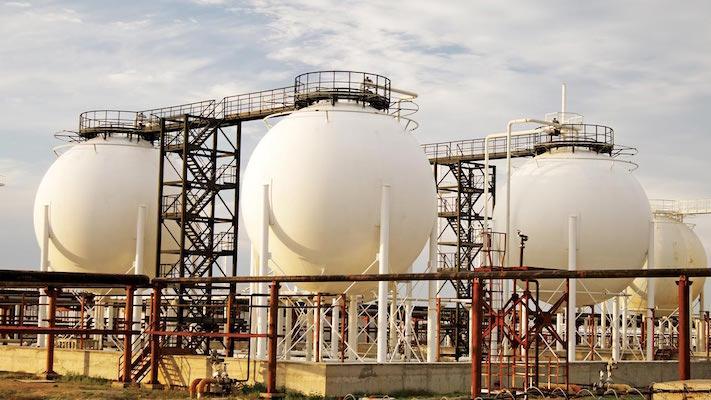Morocco and Senegal have engaged in discussions for more support towards seamless execution of the $25 billion Nigeria- Morocco gas pipeline project.
Senegal’s minister of Petroleum and Energies Antoine Felix Abdoulaye Diome reiterated his country’s support for the Nigeria-Morocco gas pipeline at the week during a meeting with Director General of Morocco’s Office of Hydrocarbons and Mines (ONHYM) Amina Benkhadra in Dakar.
LEADERSHIP reports that the Nigeria-Morocco Gas Pipeline was proposed in a December 2016 agreement between the Nigerian National Petroleum Company Limited, (NNPC) and the Moroccan Office National des Hydrocarbures et des Mines (National Board of Hydrocarbons and Mines) (ONHYM).
The pipeline would connect Nigerian gas to every coastal country in West Africa (Benin, Togo, Ghana, Cote d’Ivoire, Liberia, Sierra Leone, Guinea, Guinea-Bissau, Gambia, Senegal, and Mauritania), ending at Tangiers, Morocco, and Cádiz, Spain.
It would apparently be an extension of the existing West African Gas Pipeline, which already connects Nigeria with Benin, Togo, and Ghana.
In August 2017, NNPC and ONHYM began a feasibility study for the pipeline.
The pipeline is estimated to cost US$25 billion, and would be completed in stages over 25 years. Morocco is reportedly pushing Nigeria to pursue this pipeline rather than the Trans-Saharan Gas Pipeline, arguing that the latter would have to pass through a region with significant militant activity.
During the meeting, the Senegalese official said that the “ambitious” gas pipeline will benefit the populations and economies of the entire region.
He also cited a “specific program” planned by Morocco and Senegal to advance the project and strengthen South-South cooperation among all countries in the region.
Senegal has been emphasizing the significance of the project since its launch. The country is one of several countries that signed a series of Memoranda of Understanding with Morocco last year to emphasize their unwavering support for the implementation of the gas pipeline.
The 5,600-kilometer-long pipeline will span over 11 countries, along the Atlantic coast. With the ambition of benefiting over 400 million inhabitants in Africa, the pipeline will transport Nigerian gas to Europe through the North African country, Mauritania, Senegal, Gambia, Guinea Bissau, Guinea, Sierra Leone, Liberia, Ivory Coast, Ghana, Togo, and Benin.
Morocco has been keen to make the project beneficial for the whole continent.
On November 6, King Mohammed VI reiterated Morocco’s commitment to the project, and stressed its potential to benefit not only Africa but also Europe.
“The region along the Atlantic coast suffers from a significant deficit in infrastructure, and investment, despite skilled human capital and abundant natural resources,” the King said, stressing that, Morocco has been working with other African countries to tackle the situation.
Describing the project as strategic, the monarch said that the initiative is designed to promote regional integration as well as to boost joint economic growth.
King Mohammed VI and former Nigerian President Muhammadu Buhari announced the project in 2016, to reinforce African Energy security.
The pipeline continues to earn unwavering support from many countries across the continent.




